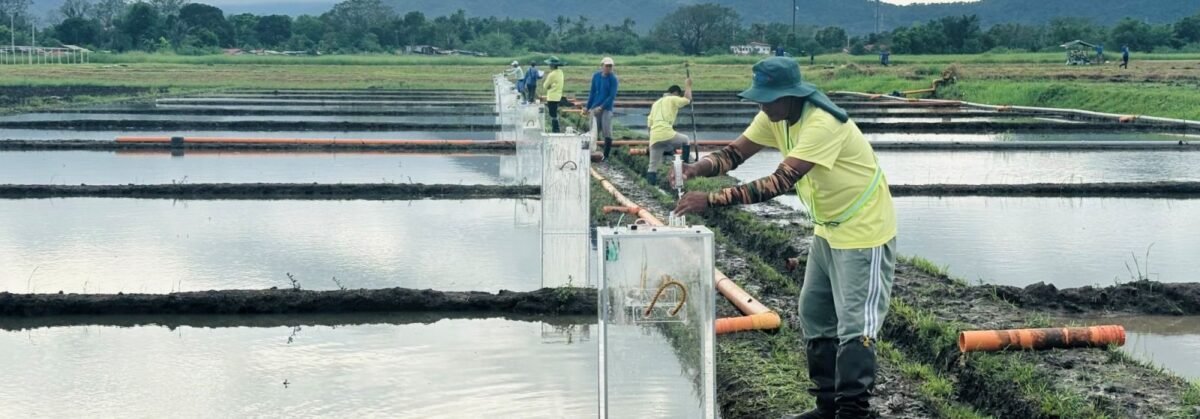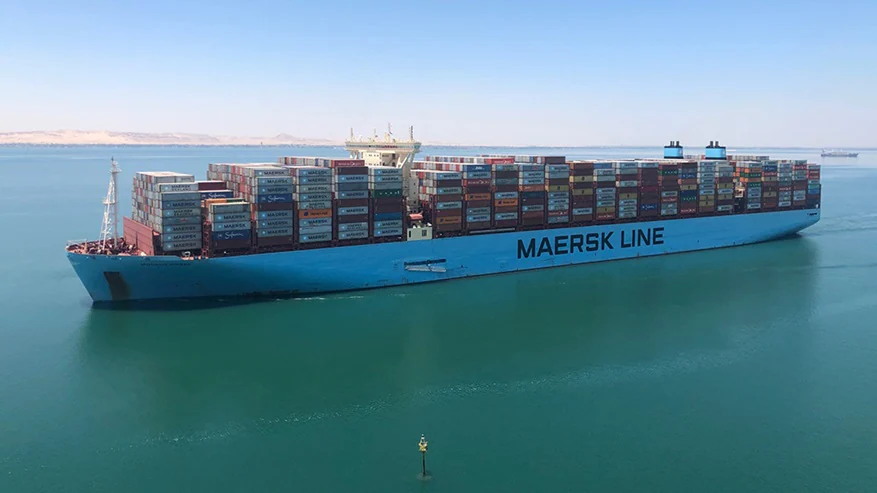IRRI and Kubota collaborate to explore effective strategies for reducing GHG emissions
The project explores using Alternate Wetting and Drying (AWD) and rice straw removal from fields to achieve carbon neutrality without risking food security.
The rice sector is vital in achieving food security. Yet, it significantly contributes to greenhouse gas (GHG) emissions, which harm the environment by trapping heat from the sun and worsening climate change. To address this, the International Rice Research Institute (IRRI) has partnered with Kubota Corporation to explore effective strategies for managing rice crops while reducing GHG emissions.
Studies show that water and straw management practices in rice cultivation majorly contribute to GHG emissions. Alternate Wetting and Drying (AWD) is a water management practice that allows irrigation water to recede until a specific water depth or soil moisture level is reached before irrigation occurs. This method can help reduce GHG emissions. Additionally, removing rice straw from fields can also contribute to a reduction in GHG emissions (Romasanta et al., 2017). A field experiment is underway through the IRRI-Kubota project. This aims to measure the reduction in GHG emissions when combining AWD and rice straw removal. The project will also evaluate the combined effects of these practices on rice growth, yield, and quality.
The project aligns with the “Development of Rice Cropping Systems Toward Carbon Neutrality and Food Security in ASEAN Countries project,” which is being implemented by IRRI and funded by Japan’s Ministry of Agriculture, Forestry and Fisheries (MAFF). “The MAFF Japan-IRRI Project contributes to the ASEAN – CGIAR Innovate for Food Regional Program activities for Intervention Package 2: Climate Neutrality and Circular Agriculture. Through this project, we hope to achieve our twin goals of food security and carbon neutrality by co-developing integrated low-carbon practices for rice in collaboration with partners like Kubota Corporation who can help scale these solutions. This approach will increase the chances of widespread adoption,” said Dr Kazuki Saito, IRRI Senior Scientist and Principal Investigator of the MAFF Japan-IRRI Project and Kubota-IRRI Project Management Lead. “We are grateful for the opportunity to partner with Kubota Corporation. By combining our expertise, we can advance sustainable rice farming practices,” added Dr Kazuki Saito.
“Kubota is committed to mechanizing agriculture in alignment with food security goals. We envision carbon-neutral farming by developing technologies that can reduce GHG emissions. We believe in learning from our partners and collaborating to identify key challenges and find solutions,” said Yodo Kawase, Kubota Philippines President.
The project explores using Alternate Wetting and



